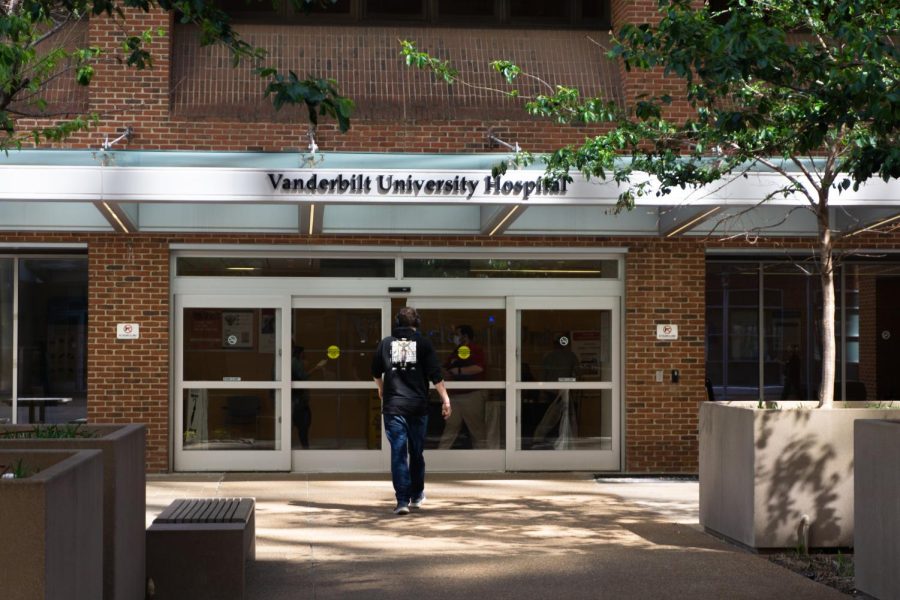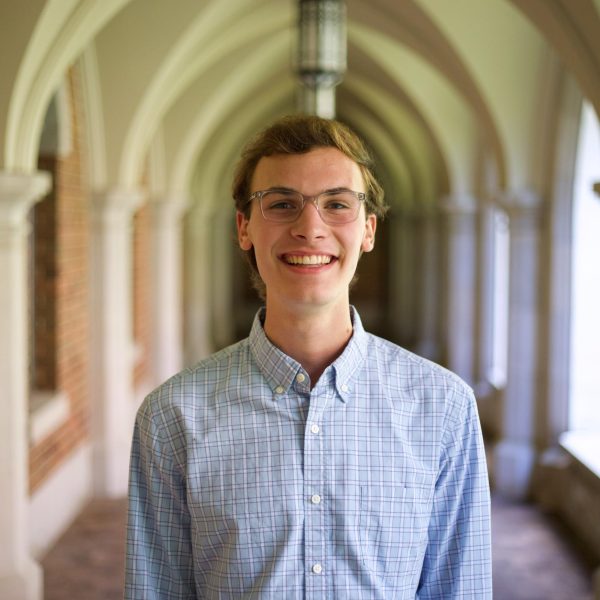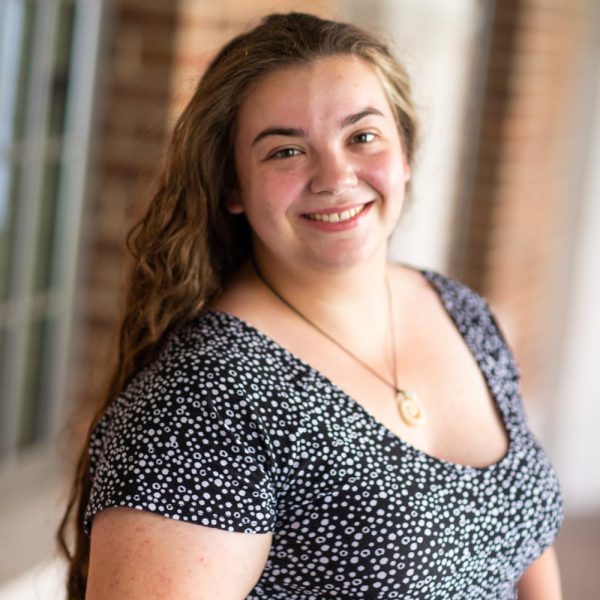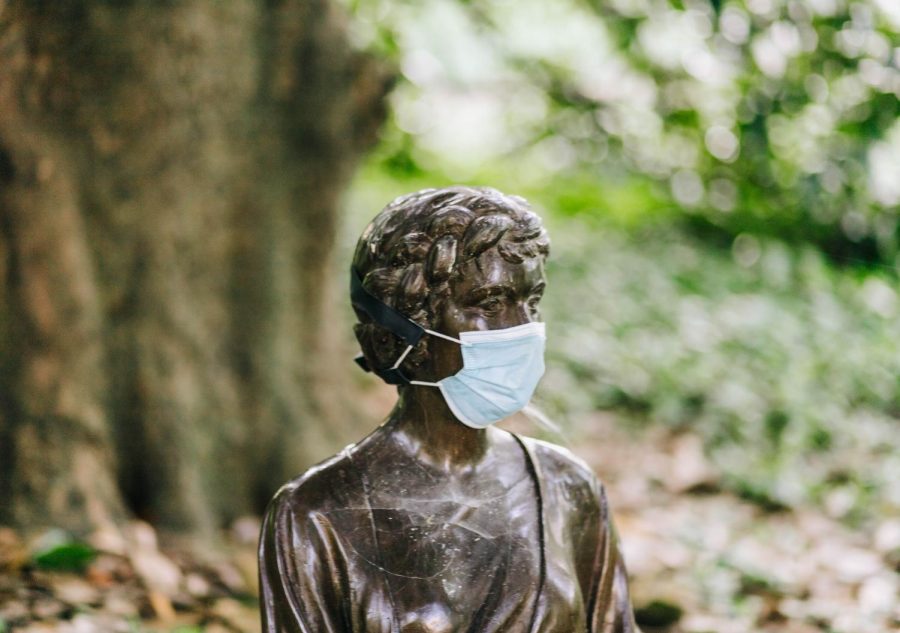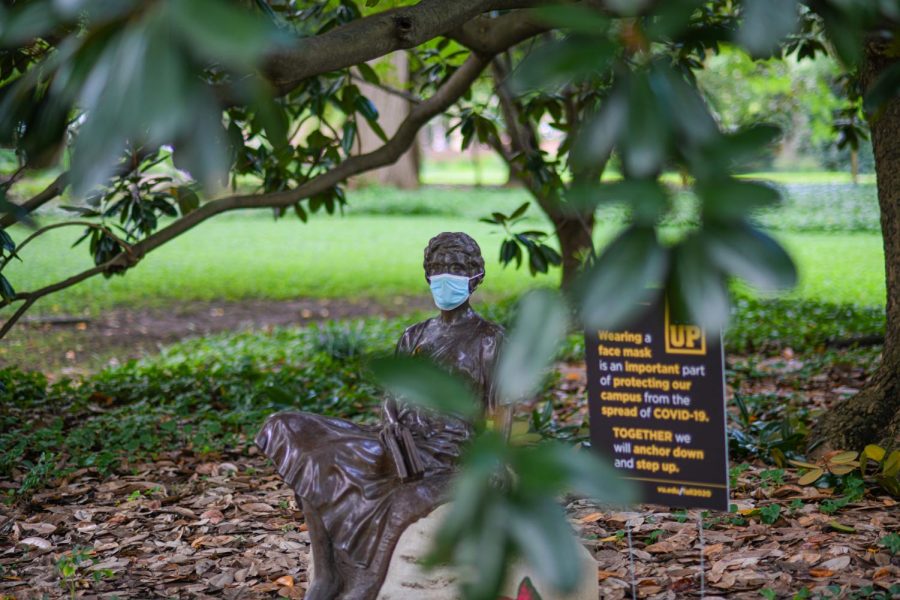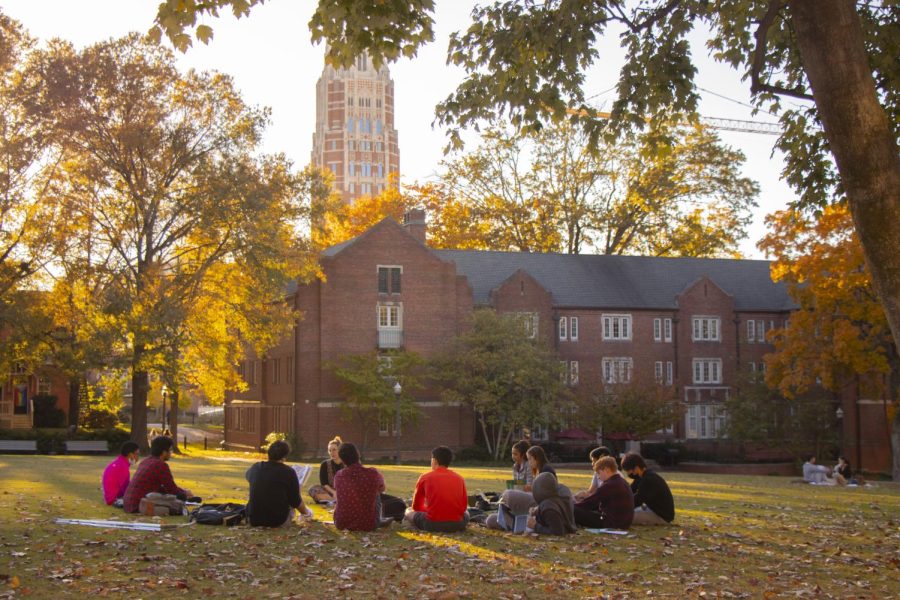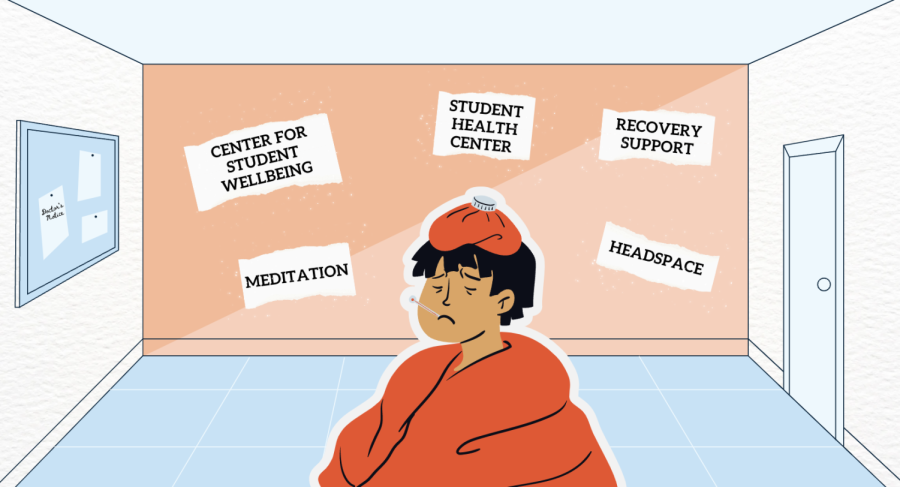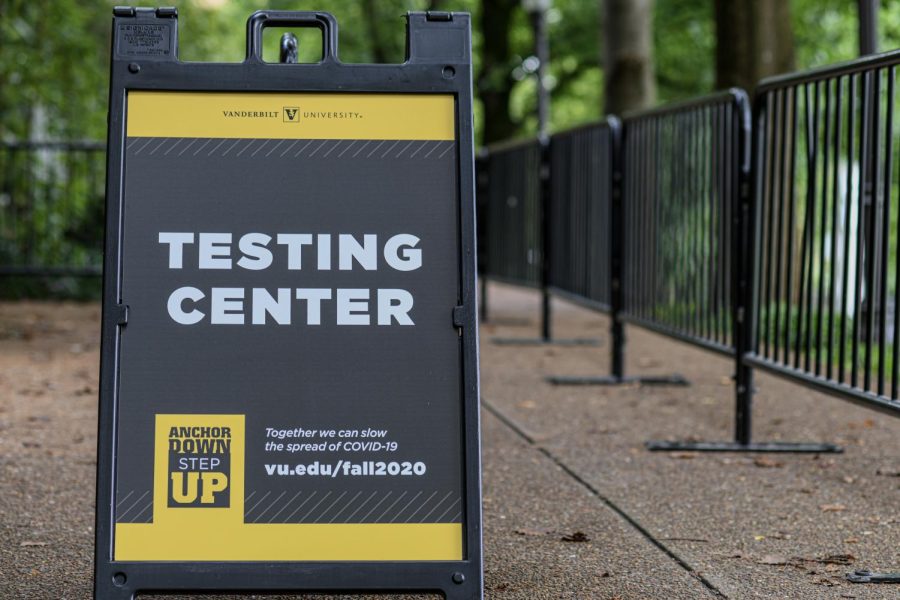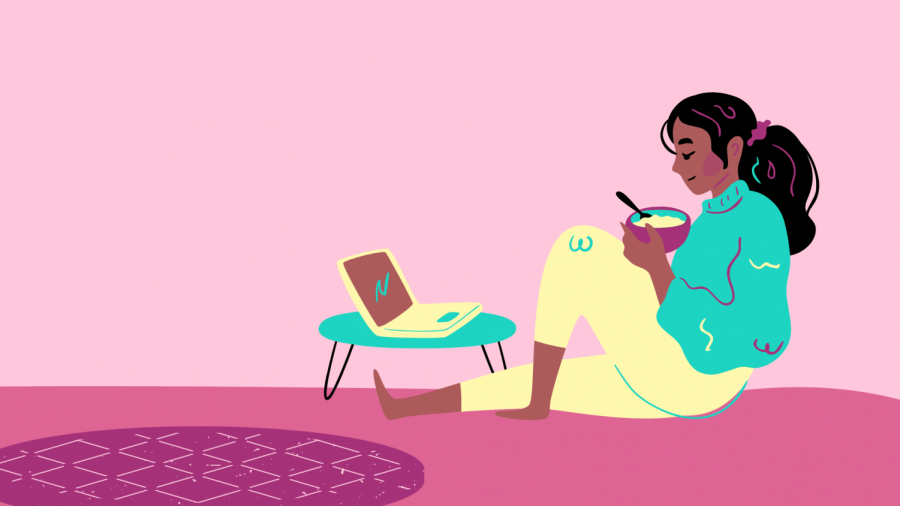Vanderbilt University Medical Center is updating its universal masking requirements and scaling back testing for COVID-19, effective immediately. Patients, visitors and staff are no longer required to wear masks in clinical areas, though individuals may still choose to do so, according to an April 10 press release announcing the change.
Asymptomatic testing is also no longer required for admission to most VUMC hospital units or before a procedure, unless that procedure is a transplant. The policy regarding testing symptomatic patients has not changed, meaning clinicians are required to isolate and test patients who report COVID-19 symptoms.
Since the Vanderbilt Student Health Center is a VUMC clinic, these new policies also went into effect there on April 12, according to a university representative. Additionally, Vault Health, the company administering the university’s COVID-19 tests, recently closed its practice.
“Students visiting the Student Health Center will no longer be required to wear a mask unless they are ill with a respiratory infection. Masking patients with respiratory illnesses is a universal precaution that has been in place for many years,” the university representative said in an April 18 email to The Hustler. “Student Health staff and visitors are welcome to still mask if they prefer, and we ask for respect surrounding others’ choices about masking.”
The representative also said outpatient testing for ill students at Student Health has not changed, as the new policy applied only to hospitalized patients or those undergoing invasive procedures.
According to the announcement, this change reflects the lower number of cases in the region and the fact that the annual viral respiratory season is ending. COVID-19 cases in Davidson County in 2023 peaked in mid-January at a high of 2,863 new cases on Jan. 6, and the number of new cases per day has significantly decreased to a low of 20 new cases on March 12.
“These changes reflect current available evidence on the prevention of COVID-19, including high levels of vaccine and infection-induced immunity and the availability of effective treatment and prevention tools,” the press release reads.
First-year Vanderbilt Medical School student Josh Betts said he believes VUMC would not have made this change if they were not confident that it would not affect patient outcomes significantly.
“COVID-19 is in a very different place than it was even a year ago in the U.S., with cases consistently falling since the beginning of 2023,” Betts said. “The point at which we can start calling a disease endemic is not well defined, but COVID-19 in the U.S. is certainly moving toward that point, if it is not there already.”
At the same time, Betts said he feels there has been some internal controversy about the new masking policy in the medical school.
“I have not really seen people jumping for joy, but I have definitely noticed the majority of my class will now forgo wearing a mask when entering the hospital to go to the cafeteria or Panera between classes and have noticed a lot of doctors now walking the halls without masks on,” Betts said. “There has been a lot of burnout in the medical world over the last two to three years, and being able to drop the mask is just one more step in returning to normalcy.”
Betts added that he believes those who are happy about the change “are not raising any noise about it” so that VUMC’s decision does not seem like a political one. He also said there are people who worry about removing this level of protection for those who are most vulnerable.
“Everyone is still free to wear masks to protect themselves, and medical teams will certainly mask up when entering a patient’s room if the patient requests or if the team decides it’s appropriate,” Betts said. “This policy was made to support the choice of being able to mask up or not.”
Junior Aimee Salakhov said she was surprised by the lack of notification provided to individuals unaffiliated with VUMC about the policy change.
“I scheduled an appointment to donate blood in Light Hall last Tuesday, and when I showed up I was surprised that no one in the building was wearing a mask — especially the people at the front desk who give directions and typically hand out masks to people without them,” Salakhov said. “I thought that maybe since Light Hall wasn’t a part of the main hospital, the mask requirements didn’t apply, but then I learned that they had just lifted the requirements the day before.”
First-year Nicholas Joy, who volunteers in the VUMC emergency department and shadows a VUMC physician, said he was shadowing in an outpatient clinic the day the policy was updated.
“Gauging the staff’s reactions, I can say that the changes were overall well-received. Even staff who had not read the email yet immediately removed their masks upon being told by their coworkers of the news,” Joy said.
Joy also said he felt it was “sensible” to readopt pre-pandemic policies because of the move away from high spread of COVID-19. Joy also works as a patient care technician at Ascension St. Thomas Midtown Hospital, where the masking policy was similarly adjusted recently. Joy said he foresees this trend continuing nationwide.
First-year Aneesh Batchu, a medical transporter at VUMC, called the new mask policy “interesting” and said he will still be wearing a mask.
“There hasn’t been a significant decrease in COVID-19 cases, and there wasn’t a huge reason for them to change it now,” Batchu said.
Betts cited the publication of the new Cochrane paper in January as a possible influencing factor in VUMC’s decision to lift the mask mandate. This paper was a meta-analysis of 78 different randomized-control trials to examine the effectiveness of physical intervention strategies in reducing the spread of respiratory viruses. The paper concluded that while physical intervention strategies like hand hygiene did lead to a statistically significant reduction in spread, wearing masks “makes little or no difference to the outcome of influenza-like illness/COVID-19-like illness compared to not wearing masks.”
“It’s pretty likely that VUMC had been weighing whether or not to lift their mask mandate for a while, and this paper would have allowed them to be more confident moving forward with the decision knowing it would be evidence-based,” Betts said.

